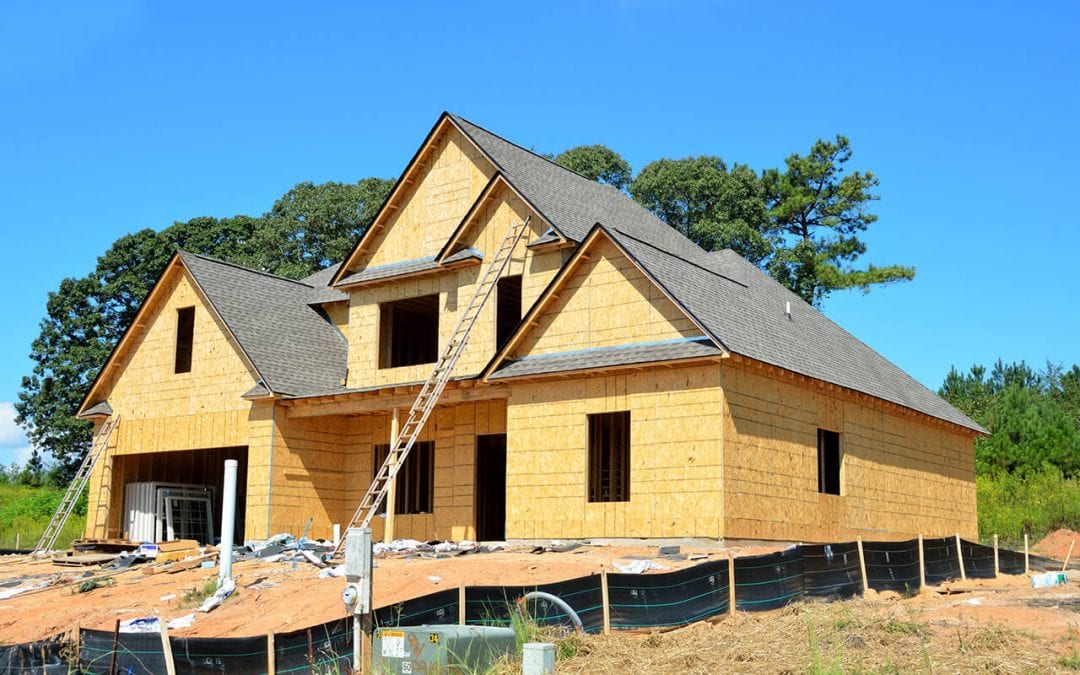If you’re buying a newly built home, it may seem unnecessary to get the home inspected. You don’t expect there to be problems with a new house. Unfortunately, things can go wrong during the build. Let’s look at why you should order a home inspection on new construction.
Mistakes are Possible With New Construction
There are several different systems inside a home and you want to make sure that nothing has been built or installed incorrectly. Some of the defects and mistakes that home inspectors may find in a newly built home are:
- Mechanical rooms that are too small
- Poorly installed roofing materials
- Inadequate insulation in the basement or attic
- Improperly installed siding
- Poor grading and drainage
- No ventilation in the crawlspace
- Cut joists to make pathways for plumbing pipes or air ducts
A Home Inspection on New Construction May Find Defects and Problems
Your new house has had a lot of different people working on the construction at once. It’s common for the builder to subcontract much of the work to other contractors who hire workers. When different types of workers perform their jobs in different areas, it’s difficult to monitor the process efficiently. There are plenty of opportunities for mistakes to be made among all the construction workers who were involved with the build of your home. Order an inspection and have any defects, problems, or safety issues repaired by your builder before your move-in day.
Minimum Code Requirements
Local building codes typically only require that the construction meets minimum standards. The fact that your home passed the municipal inspection doesn’t necessarily mean that the best construction practices were used. That’s not to say the code inspector is doing a poor job, but that a code inspection is not meant to be comprehensive. Things can be installed poorly simply because workers are facing deadlines. A professional home inspection on new construction will make sure that all aspects of your home are examined in detail.
Home Inspection on New Construction: Phases
You might be surprised to learn that your new home can be inspected in phases to make sure your builder is using the best construction practices. Ask your home inspector if he or she offers phase inspections.
It’s common for the first inspection to occur before workers pour the cement for your foundation. Your inspector can check if the site has been graded and excavated correctly. He or she can also inspect the footing and anchors. None of these areas can be assessed if the foundation has already been poured.
A pre-drywall inspection is often the next inspection. This is performed before the drywall is installed. Your inspector has easy access to examine the electrical, plumbing, posts, beams, and studs.
The last inspection is done after the home is completed. The inspector will assess the entire home and all components including the roofing, electrical, HVAC, structure, appliances, and plumbing. You’ll receive an inspection report outlining the inspector’s findings and will be able to request that your builder makes repairs before the sale is final.
Reifsteck Home Inspections provides home inspection services, including new construction and phase inspections, in and around Champaign, Illinois. Contact us to schedule an appointment.

